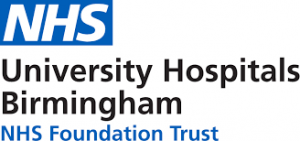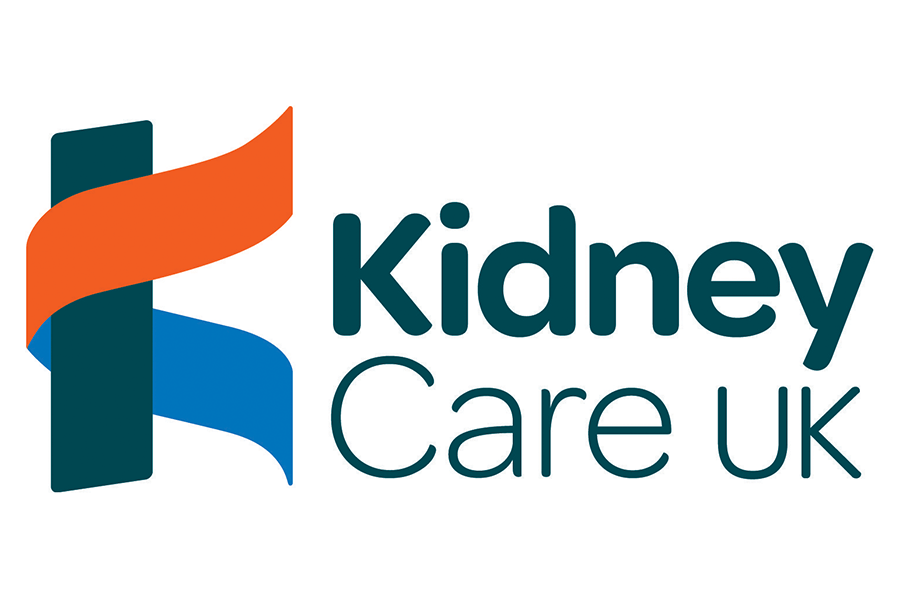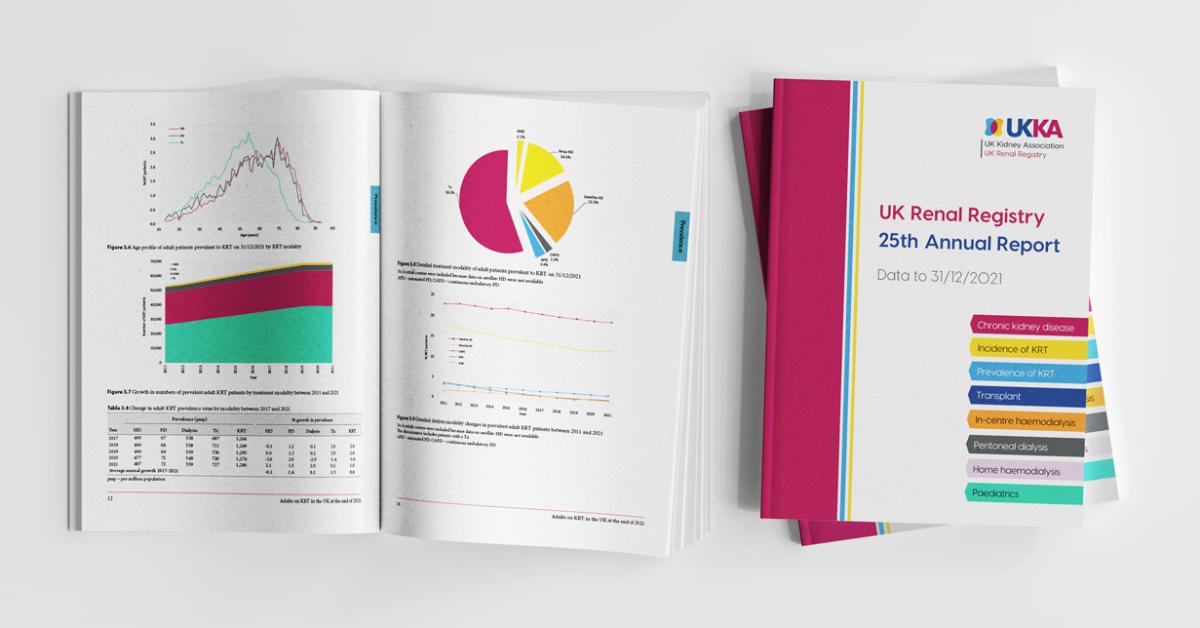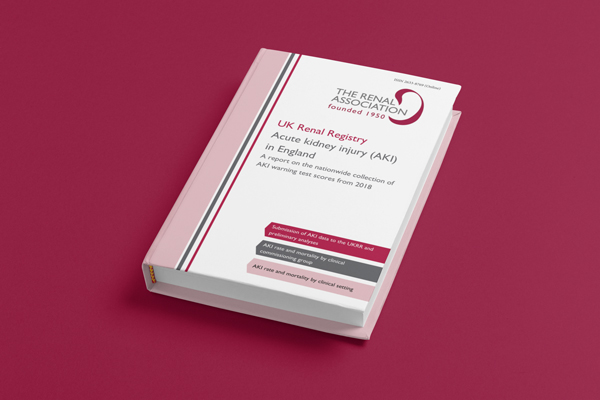Peritoneal dialysis
Learning from one renal unit’s transformation in response to COVID-19
Lavanya Kamesh, Clare Pattenden and Alison Moore

Summary of beneficial changes
- Video education to provide information on PD for pre-dialysis patients, or information on reducing risk of infections for patients established on PD
- 1:1 training either in the PD unit or at home aided by the assisted APD team
- Use of Baxter sharesource (on line platform) to manage patients on automated peritoneal dialysis, allowing us to address problems and change dialysis prescriptions remotely
- Sharesource coupled with video/telephone clinics helped us manage patients when they were self-caring in the community
- In-house assisted APD (AAPD) team helped with training and managing peritonitis in the community. They have also been doing phlebotomy rounds to help monitor blood tests. We would like to augment the AAPD team to include the training component.
Patient Education
Pre-covid all patient education (information on PD for pre-dialysis patients, or on reducing risk of infections in patients established on PD) was offered in the unit as 1:1 or group education. During the covid crisis all routine education was stopped. In the recovery phase we are doing video consultations to provide information for pre-dialysis patients and send links to Baxter/Fresenius websites to watch information videos. We plan to re-start information days on reducing risk of infection via video.
Challenges
The video format is not suitable for everybody and the face to face contact is so important to reassure patients when they start on new treatment.
Future
Some parts of video education will be retained in selected group. We do want to re-start face to face education when the situation settles.
PD catheter insertion
Pre-covid all PD catheter insertions were done at QE Hospital. We had access to regular lists and a dedicated surgeon who leads the lists. During the covid crisis our catheter insertions dropped from 6-8 per month to 2-5 per month (April and May). We were able to secure catheter insertion lists in a private hospital. In the recovery phase we are now re-building our capacity in QEH and the lists at private hospital will stop in July.
Challenges
We could not do some of the complex cases in the private setting. They had to be accommodated in the Emergency lists.
Future
We are relieved that we are getting our dedicated sessions back at QEH.
Training
Pre-covid around two patients were trained together by one nurse in the PD unit and the training generally lasted for 3-5 days. Some patients were trained at home by assisted APD team or by Baxter nurse. During the covid crisis we commenced 1:1 training either in the PD unit or at home aided by the assisted APD team. During the recovery phase we are continuing in the same pattern as above. Baxter nurses have re-started helping out with training at home especially for patients who live far away from the hospital.
Challenges
We now have 8- 10 new starters this month. Training them safely and in time is a challenge as we are training the patients on a 1:1 basis.
Future
It is likely to continue in the same fashion. We will be relying heavily on the assisted APD team to provide training and this need to be considered in staffing numbers.
Follow up clinic appointments
Pre-covid there were five consultant led clinics every month working alongside trainees to review patients established on PD. In addition there were nurse led clinics that provided the support, reassurance and expertise for this group of patients managing self-care of dialysis. During the covid crisis all clinic appointments were switched to telephone clinics and lead by the nursing team. Only urgent cases were reviewed in the PD unit. In the recovery phase we have recovered some face to face clinic appointments, but these are severely restricted due to social distancing rules. We are using a mixture of telephone and face to face clinics to review patients.
Challenges
Some of the patients suffer from significant anxiety and want to avoid coming in to hospital. We are encouraging patients not to ignore their symptoms and to seek medical help. The telephone conversations help in easing anxiety.
Future
Telephone/ video clinics are here to stay and will be embedded in our pathways.
Special mention: Baxter Sharesource
In the last three years, the trust has been using Baxter sharesource (on line platform) to manage patients on automated peritoneal dialysis. This allowed us to address problems (eg fluid overload) and change dialysis prescriptions remotely without the patient needing to come to the PD unit. This coupled with video/telephone clinics certainly helped us to manage patients when they were self-caring in the community.
Assisted APD
We have our in house assisted APD service that provides care for 20-22 patients. During the pandemic, they have been crucial in patient management. In addition to taking on new patients, the team has helped with training and managing peritonitis in the community. They have also been doing “phlebotomy rounds” to help monitor blood tests.
Going forward, we would like to augment the AAPD team to include the training component.
Key messages
- Be open to transformation
- Work with industry partners to deliver patient care
- Embrace technology
- Build on the already successful areas of the service






